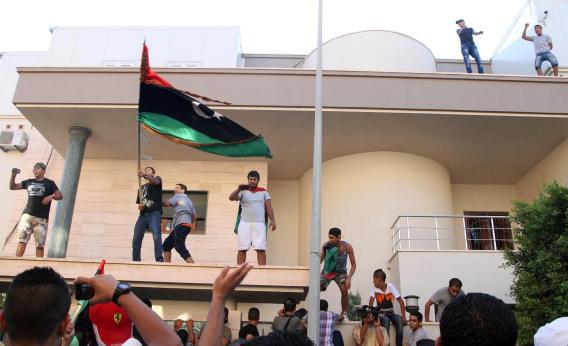While the U.S. Congress and the Obama administration have been debating Syria, the fallout from the civil war in Libya turns out to be producing a crisis in world oil markets as “workers and armed militias that guard oil installations are pushing federalist demands and calling for a bigger share in the country’s oil wealth”:
Oil industry executives say Zeidan’s shaky central government risked widening violence that could descend into civil war if it uses force to recapture oilfields.
Libya’s oil production has fallen further to around 150,000 barrels per day (bpd) - from around 1.4 million bpd in April - confined to offshore rigs protestors cannot reach, a National Oil Corp (NOC) official said.
Armed groups have also threatened to close the Wafa gas field, which if shut would cause severe power shortages in the capital, an oil official told Reuters.
Wafa, in the south west, is the only major gas field left open to supply power stations. Libya is importing much more diesel and fuel oil for electricity plants that previously relied on gas.
Obviously the proximate loser here is the domestic economy of Libya. But Libya’s oil is unusually high-quality stuff, so its withdrawal from global markets has a substantial impact on worldwide prices.
